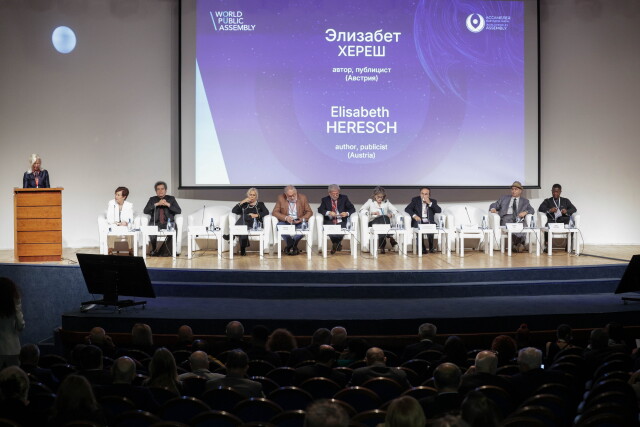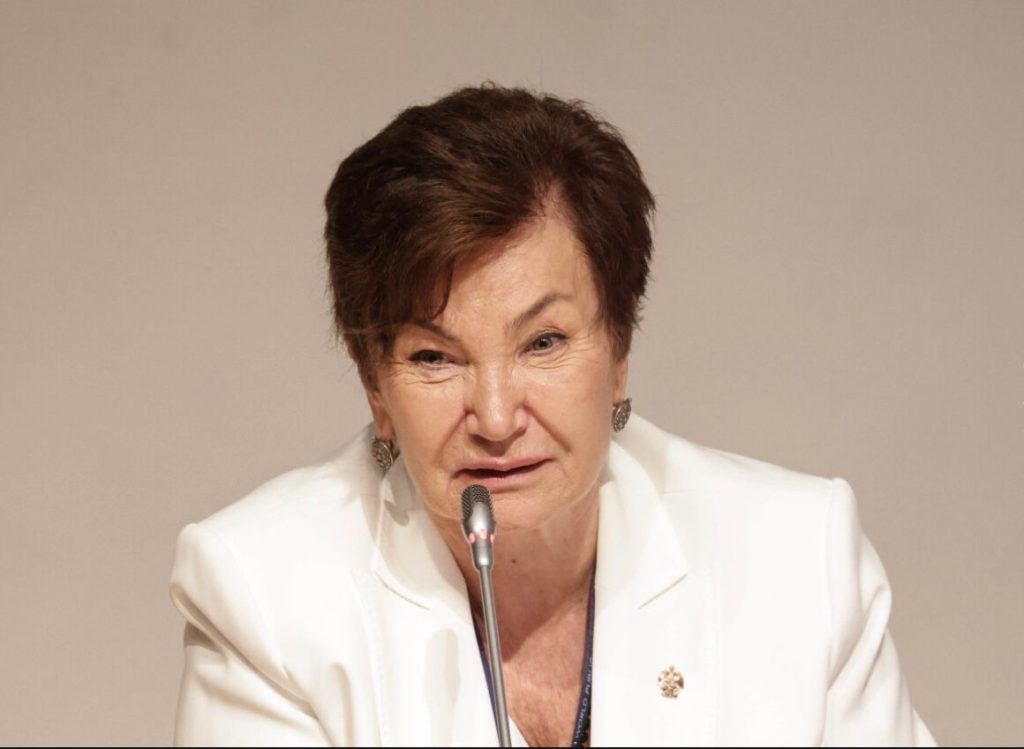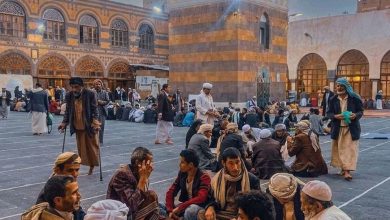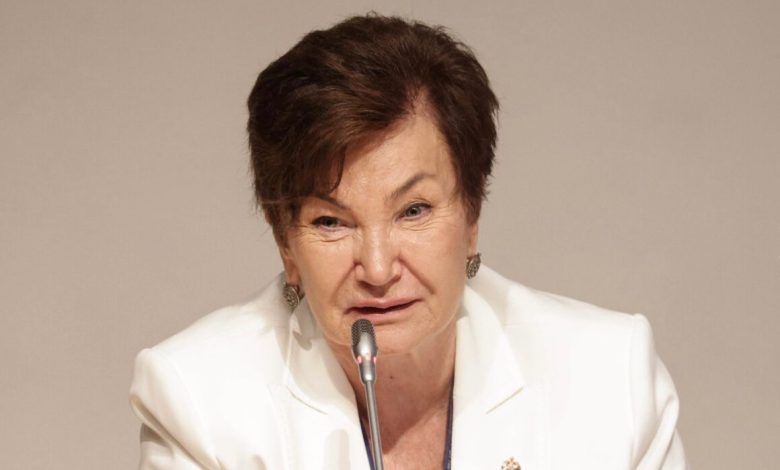
Alexandra Ochirova
Humanitarian Modernization as an Imperative of Sustainable Development
I would like to draw your attention to the key humanitarian issues of modern civilization, which today must be understood as a global problem of its preservation and the safeguarding of humanity. The key to the security of development today must be sought in the humanitarian sphere.
This is necessary for the adoption of strategic models of development, new protocols of interaction, overcoming existing risks and challenges, and forming a world agenda that is consciously shared by all. In the absence of strategic vision on decision-making platforms that concern everyone, and with the weakening of the spiritual and moral paradigm, there is a danger of revising established subject–object relations between human beings, nature, and society, leading to the dehumanization of civilization, the loss of human subjectivity and identity, and the inability to manage large socio-cultural systems.
Today this is the most pressing issue in the search for governing strategies, and one can only assume that the only way out of the instability of large socio-cultural systems is their self-determination into a new world order agreed upon by all subjects, so as to transform global risks and contradictions into priority development goals.
Such a global agenda for dialogue, based on evidence and discussed as a shared future, could play a coordinating role in the formation of a multipolar world, where truth and spiritual–moral values would be accepted as priority ethical maxims, resources, and regulators in the value orientations of individuals, states, and all humanity.
As is well known, since ancient times, in interacting with the world, human beings reflected upon every step they took, already understanding then that such reflection was a necessary precondition for development. As Socrates said: “Know thyself, and you will know the whole world.”
It is precisely by following this principle that humankind formed meanings, science, culture, art, traditions, spiritual and moral values, and consistently filled its consciousness with them. This theme has passed through all stages of the living space of local civilizations, which either united or swept away one another.
Touching upon the fundamentally important question of the methodology of knowing the world, and relying on the history of scientific thought, I emphasize that at every stage of this vertical, the effectiveness of thinking was always determined by the force of action of categories, laws, and imperatives. Their sustainable interaction, passing through human consciousness, never violated their essence and distinctiveness. Moreover, in historical evolution, the communities that had the greatest survivability were those which, on this scientific basis, ensured the systemic organization of governance functions.
This methodological significance of the function of cognition operates everywhere and must always be taken into account. Historical analysis shows that humankind has always shaped an image of the stability of its system of concepts. With the expansion of scientific, cultural, and geographic horizons and interactions, the theme of the unity and diversity of humanity, the understanding and governance of this multi-subjectivity, has always been called “Humanity,” where the Human has always remained its active subject.
It is no coincidence that most definitions of “civilization” consist of the concepts “Human” and “Culture.”
Today, for the existing socio-cultural diversity, the unipolar management of this diverse and complex world—understood as the strategic subordination of other states to a single hegemon—is a systemic contradiction and the greatest threat to all humanity. For the simple cannot govern the complex, and, as scientifically proven, the complexity of the governing subject must never be inferior to the complexity of the object of governance.
It is no coincidence that Vladimir Putin, speaking in Munich in 2007, said that “for the modern world, the unipolar model is not only unacceptable, but altogether impossible.” It is clear, however, that the establishment of a multipolar world will be a complex and rather lengthy process of difficult interactions.
The ancient thinkers of East and West left us an enormous scientific and cultural heritage as a model for emulation, reflection, and development, defining the human being as a knowing subject, a bearer of morality, and the “measure of all things.”
It is precisely these values, and culture as the most meaning-forming sphere, that brought into human life elements of stability and predictability, forming unities and feelings of involvement and belonging to larger wholes.
Already in ancient times, on different continents and in different cultures, the question “What is Man?” emerged. This question persisted vertically and horizontally throughout human history—in the oscillations between good and evil, war and peace, love and hatred, the birth and death of millions.
And now the main civilizational question arises: Is the existing world order and human resource sufficient to define the fundamental possibilities of development and governance? And to what extent does the ungovernable complexity of the “established reality of the modern world” correspond to the generic nature of humankind?
The whole world needs humanitarian modernization. As a necessary preventive condition for the successful implementation of any large-scale reforms, it would form a new humanitarian space where humanism would become a truly universally recognized principle of the development of the individual and the preservation of all cultures and peoples.
In this sense, without taking into account the values and meanings adhered to by a people, the experience of reform will always be unsuccessful or incomplete. This has happened more than once in Russia and in other countries.
That is why humanitarian modernization is one of the important civilizational issues and the main part of socio-cultural models: on the one hand, in terms of the spiritual–cultural self-determination of citizens, taking into account the preservation of cultural heritage, language, education, and identity; on the other hand, in terms of integrating new meanings into public consciousness.
In essence, humanitarian modernization is directed inward—towards the inner world of the human being, towards moral consciousness. It is here, on the basis of the spiritual and cultural experience of individuals and societies, that the scientific and moral foundations of civilizational development, sovereignty, and identity are developed and preserved as the inviolable foundations of multinational humanity.
To pose the question this way—preserving, in conditions of rising global tensions and the sharpening of identities (which lead to the self-destruction of emerging social unities, the degeneration of public organizations, and the destruction of the individual as the main vector of development oriented toward the human)—is crucial.
Humanitarian modernization, addressed to the human being as the imperative of civilizational sustainability, is capable of overcoming entire epochs and civilizational stages of development, restoring ethnic groups, preserving meanings, and fostering humanity’s further ascent up the steps of reason toward a unified planetary consciousness and noospheric development.
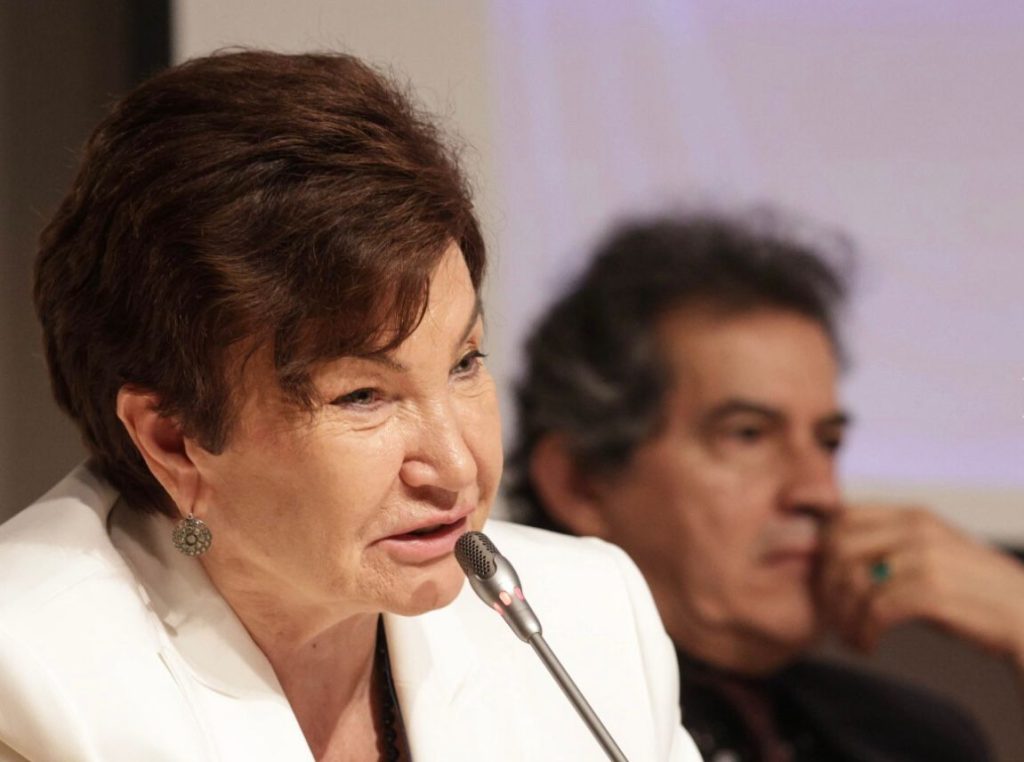
Today this may and must be perceived and understood as a turn toward the holistic world order already taking shape—one which, by the very definition of its developmental capacities, could solve the problems of war, epidemics, and hunger. This would become the manifestation of noospheric consciousness and the sought-after priority of spiritual–moral and cultural development. It would serve as the condition for achieving stability, predictability, and security, which will become a “semantic order of systemic understanding of the World, the Human, and Life,” while at the same time preserving the identity of human nature itself.
The technology of humanitarian modernization is precisely the most necessary preventive condition of a new world order. It must be implemented in regulated processes of education at all levels, in forms of cultural enlightenment, directed toward this topic of informal cultural and scientific diplomacy. It must be incorporated into the legislation and social programs of states, into information security, with the full exclusion from humanity’s spiritual arsenal of all concepts of national exclusivity, fascism, terrorism, and religious intolerance.
At the beginning of the 20th century, Teilhard de Chardin, reflecting on the concept of the “noosphere,” said that no one in the world can resist united minds—the question is what thoughts occupy those minds.
And it seems to me that we may soon be able to answer this, and to designate the vector of human and humanity’s development toward a civilization of meanings and a new moral order, as the chief goal for all humanity, for every nation, and for every person.
We do not wish to witness the end of humanity on our Earth, of everything it has created—something that only a moral, understanding, and responsible Human can guarantee: the continued existence of human life and a civilization with a human face.
It is for this purpose that this evidence-based dialogue platform has been created today—to form the infrastructure of strategic thought.
